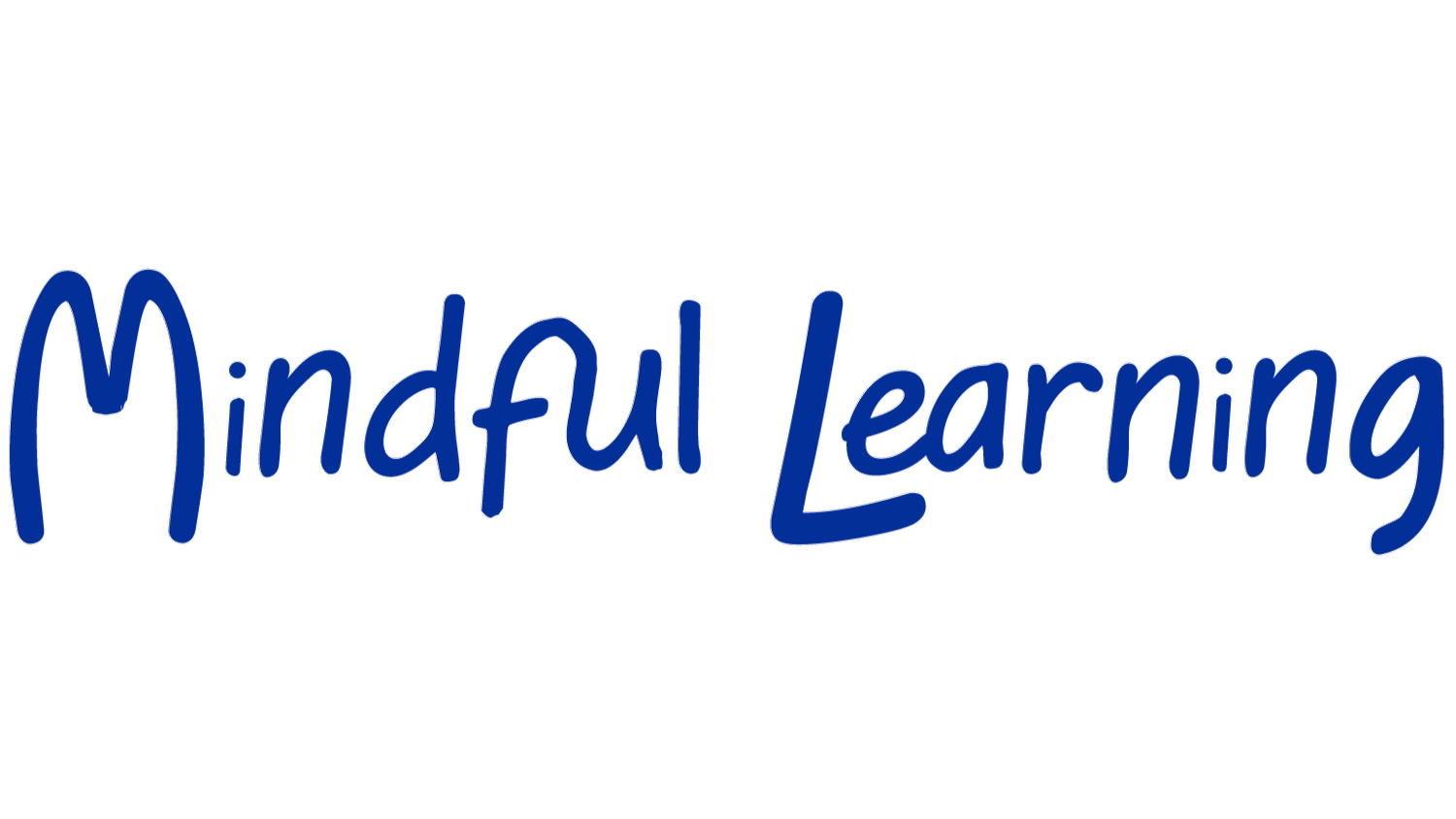Math Confidence: Helping Students Move from Memorization to Mastery
Many bright students memorize formulas easily but struggle when problems look unfamiliar. True math mastery comes from understanding patterns, relationships, and problem-solving — not just repetition. At Mindful Learning Group, we help children replace fear with curiosity, building confidence through comprehension rather than memorization.
Build Understanding Through Curiosity
Encourage exploration by asking why and how math works, not just what the answer is. Instead of asking, “What’s 8×7?”, try, “How many different ways could we figure out 8×7?” This simple shift develops flexible thinking and helps children see math as a creative process.
Gifted learners thrive when they’re invited to questions and tests and not just repeat. Curiosity transforms math from a series of steps into a puzzle to be solved.
Creating a Safe Space for Mistakes
Confidence grows when children see mistakes as steppingstones to understanding. Encourage a growth mindset by normalizing challenge and celebrating effort:
• “You haven’t figured it out yet — let’s try another way.”
• “What did we learn from this attempt?”
When students see that struggle is part of mastery, they approach math with persistence instead of fear. A calm, supportive environment allows gifted learners to take intellectual risks without worrying about perfection.
Connect Math to Real Life
When math feels meaningful, mastery follows naturally. Show how numbers live in the world around us — cooking measurements, grocery budgeting, sports statistics, or even music rhythm.
Gifted and curious learners often ask, “When will I ever use this?” Connecting math to their interests gives it purpose and emotional relevance. It transforms abstract concepts into something tangible and rewarding.
Encourage Deep Practice, Not Endless Repetition
Memorization builds speed, but mastery builds understanding. Encourage your child to go deeper instead of doing more. If they solve a problem quickly, ask them to explain their reasoning, find another method, or apply it to a new situation.
This form of deep practice helps build flexibility — the ability to adapt and think critically when faced with unfamiliar problems. That’s the essence of mathematical confidence.
True math confidence comes from curiosity, patience, and persistence — not perfection. When we nurture understanding instead of speed, children grow into confident, capable problem-solvers who view math as a language of logic and creativity.
At Mindful Learning Group, we believe that every child can build a strong relationship with math — one rooted in curiosity, calm, and mastery.
👉 Book a free consultation with Dr. Annie at Mindful Learning Group to explore personalized math strategies that turn confusion into clarity — and memorization into mastery.
